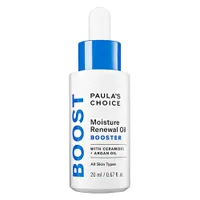What is argan oil and how does it benefit your skin?
Argan oil is a popular ingredient in haircare products, but did you know it might also benefit your skin? Here's what you need to know about it

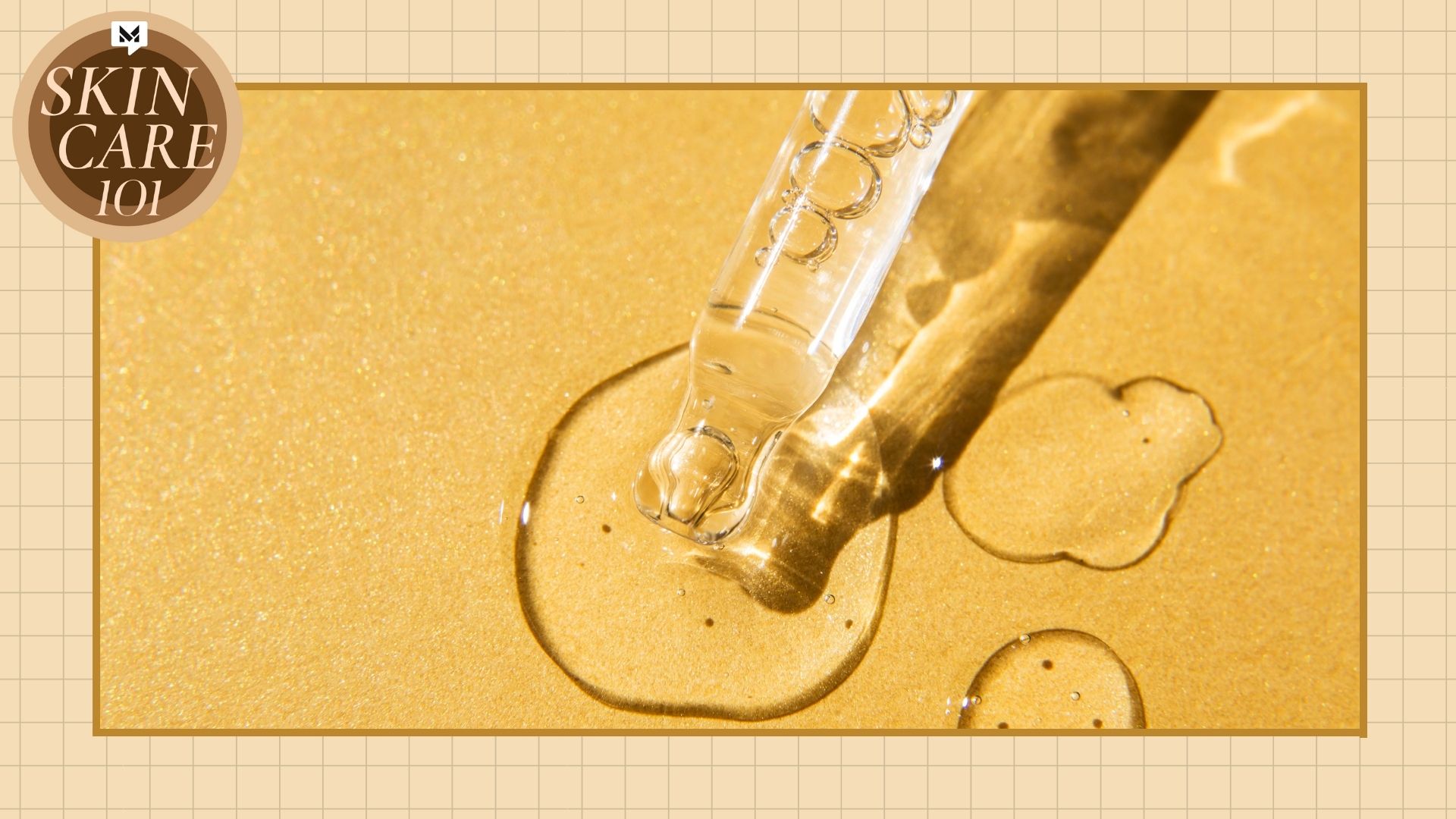
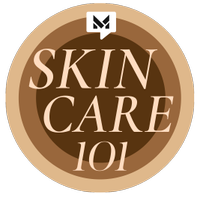
Get the lowdown on argan oil in this instalment of Skincare 101—our comprehensive skincare dictionary of every ingredient that you need to know about.
Argan oil is a moisturizing ingredient that has been used in beauty regimes all over the world for centuries.
Nowadays it’s commonly found in haircare products, but did you know it can also form part of your skincare routine? It’s often used in moisturising products for both the face and body.
Intrigued? Here’s everything you need to know about factoring it into your daily skin regime, and whether it’s suitable for your skin type.
What is argan oil?
Argan oil is a fruit extract from the argan tree, which grows only in Morocco—making it a very precious ingredient. You can buy it as pure oil, but it’s also available in supplement form and is an ingredient in many cosmetic products, including conditioners, soaps and shampoos.
"A good, emollient, non-fragrant plant oil expressed from the kernels of argan trees, argan oil contains several beneficial lipids and fatty acids for skin, including oleic acid, palmitic acid, and, especially, linoleic acid," says Paula Begoun, founder of cult skincare brand Paula’s Choice.
“It is also a good source of antioxidant vitamin E (tocopherol) and, like several other plant oils, a source of other antioxidant compounds. It’s a great consideration for skin or hair that is dry to very dry."
What are the benefits of argan oil for skin?
Traditionally, argan oil was used to improve nails, skin, and hair and is often called liquid gold, Moroccan oil, or miracle oil—a name that stems from the many valuable vitamins it contains that help to moisturize and improve skin health.
“Argan oil is packed with skin-boosting fatty acids such as linoleic acid, which a good emollient for the skin,” says Dr Kemi Fabusiwa, aka Dr Fab, skin expert and ambassador for The INKEY List. “It also contains skin-boosting antioxidants such as vitamin E. Due to it being unfragranced, it is kinder to the skin than other oils.”
Argan oil also has a comedogenic rating of zero, meaning it shouldn't clog your pores, as it's completely non-comedogenic. Other notable benefits of argan oil include its ability to soften skin, improve texture and smooth wrinkles, support the skin barrier and even keep skin's oil levels in check.
How to use argan oil in your skincare routine
Generally speaking, argan oil is suitable for all skin types, but it’s always worth doing a patch test to see how your skin reacts before slathering it onto your face or body daily, as—like all new ingredients—it's best to incorporate into your routine gradually. It's important to note though that those with tree nut allergies may be more prone to irritation from a skincare ingredient like argan oil.
Typically, you'll find argan oil as a single ingredient in oil formulas, but you can also find it as an ingredient in face masks, eye creams and some of the best moisturizers. If you’re looking to reap its benefits specifically you’ll want it to sit fairly high on the ingredients list, as this means it’s been used in a beneficial concentration.
Paula's Choice Moisture Renewal Oil Booster
RRP: $39/£35 for 20ml
The ultimate remedy for extremely dry skin, you'll find argan oil alongside ceramides and jojoba oil for a deep moisture hit.
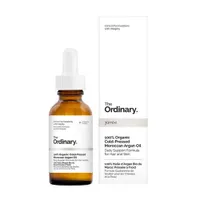
The Ordinary 100% Organic Cold-Pressed Moroccan Argan Oil
RRP: $6.80/£5.90 for 30ml
Jam-packed with vitamins and fatty acids, The Ordinary's bargain offering is suitable for both skin and hair.
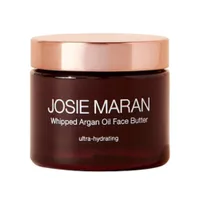
Josie Maran Whipped Argan Oil Face Butter
RRP: $42 for 50ml (US only)
A great moisturiser for winter skin, this nourishing face cream is rich in vitamin E and antioxidants for a soft, glowing complexion.
It’s suitable for use in both the morning and evening, and where it sits in your skincare routine will depend on the form it's in. A moisturiser or oil should be the last step in your skincare routine, apart from the mornings when you’ll use the best sunscreen for face before heading out for the day.
For centuries, people have used argan oil because of its roster of benefits—now you can do the same.
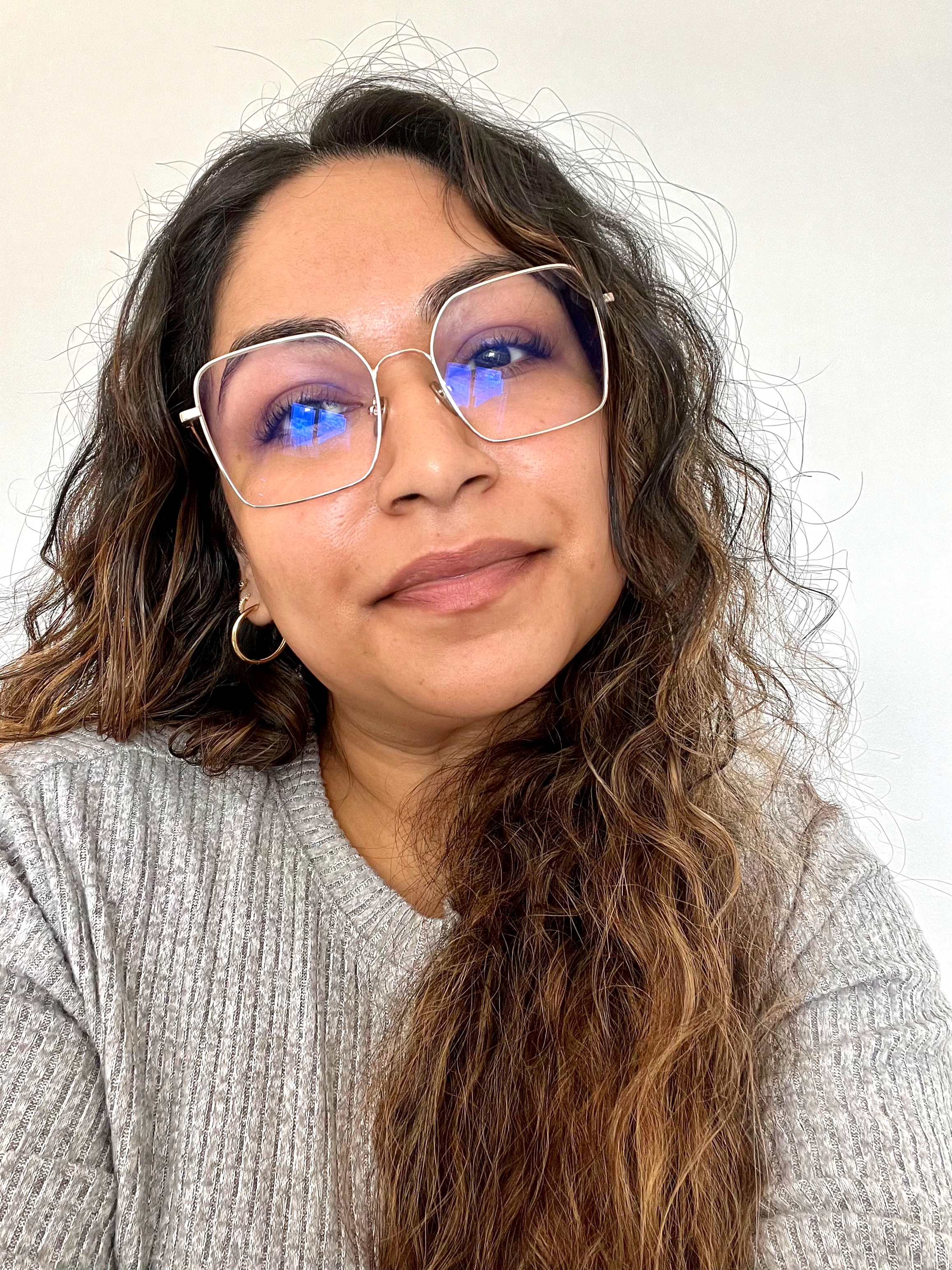
Aleesha was Deputy Editor and Beauty & Fashion Editor for My Imperfect Life, where she headed up the beauty, fashion and eCommerce pages. Previously she was Shopping Writer at woman&home and gained an AOP awards nomination after working on their news team. She earned an MA in Magazine Journalism from City, University of London in 2017 and has since worked with a number of brands including, Women's Health, Stylist and Goodto. When she’s not testing all the new beauty & lifestyle products on the market, Aleesha spends her time soaking up the newest bestsellers and Netflix releases, watching everything Marvel, learning about different wines, attempting new languages and traveling as much as she can.
